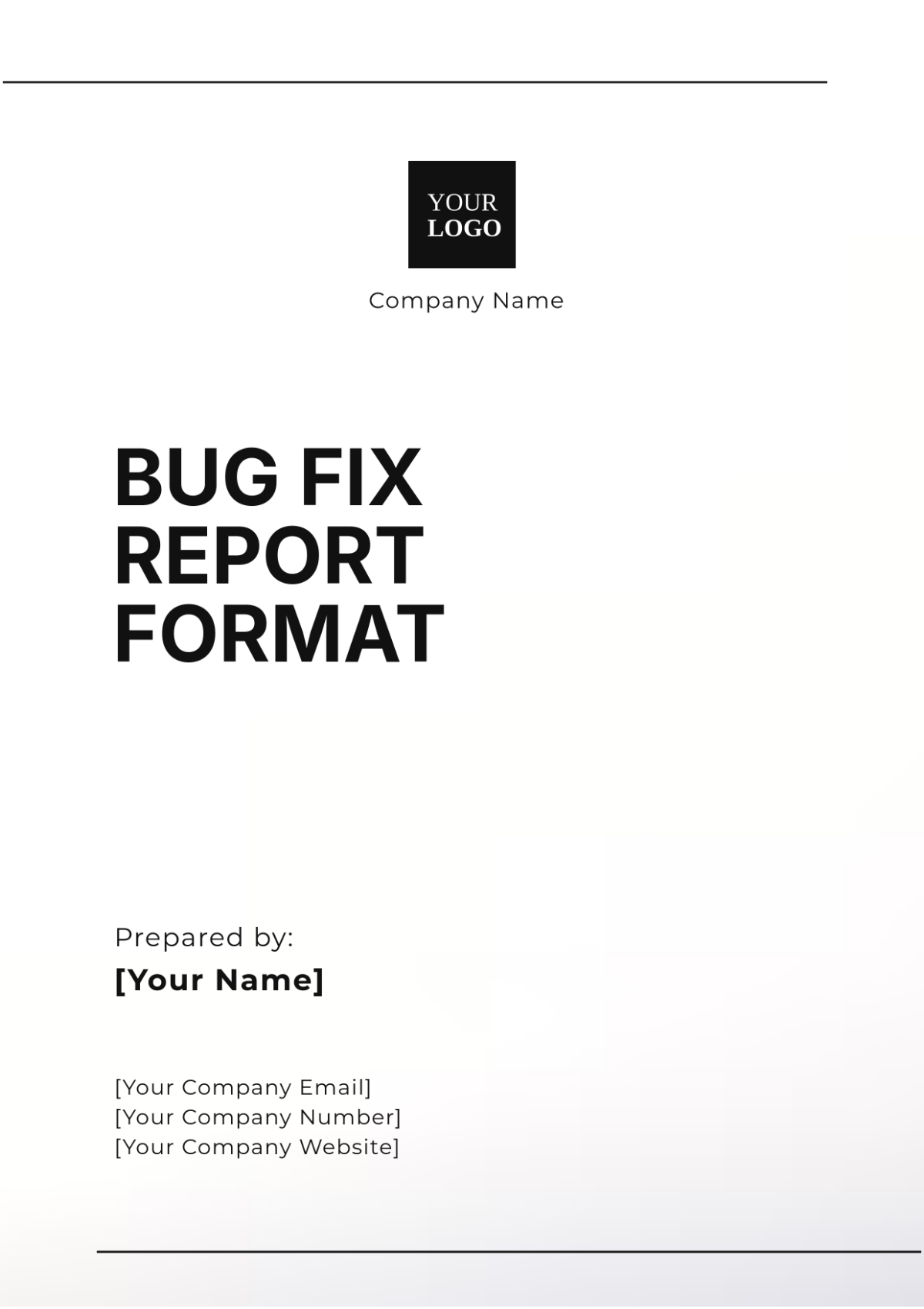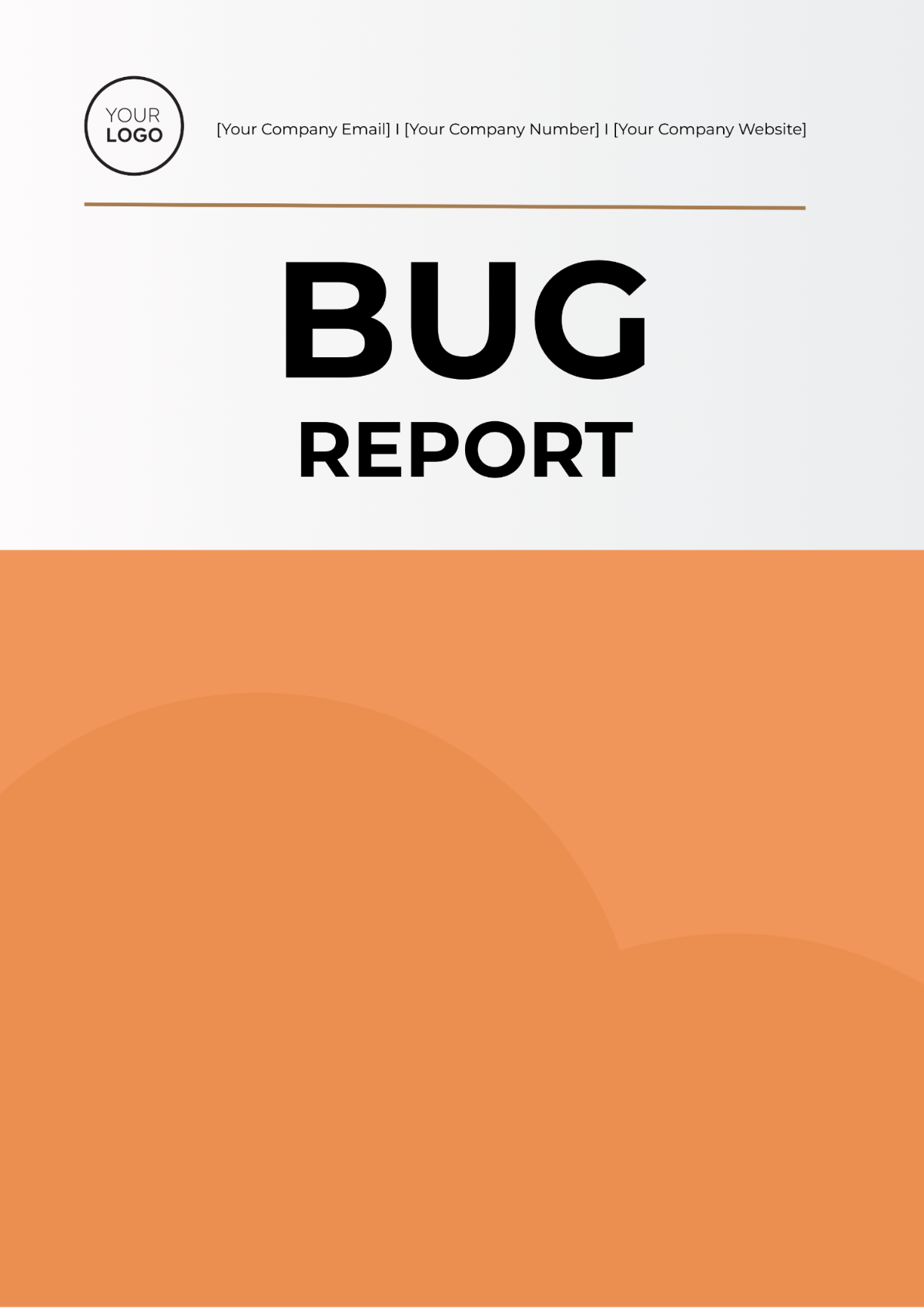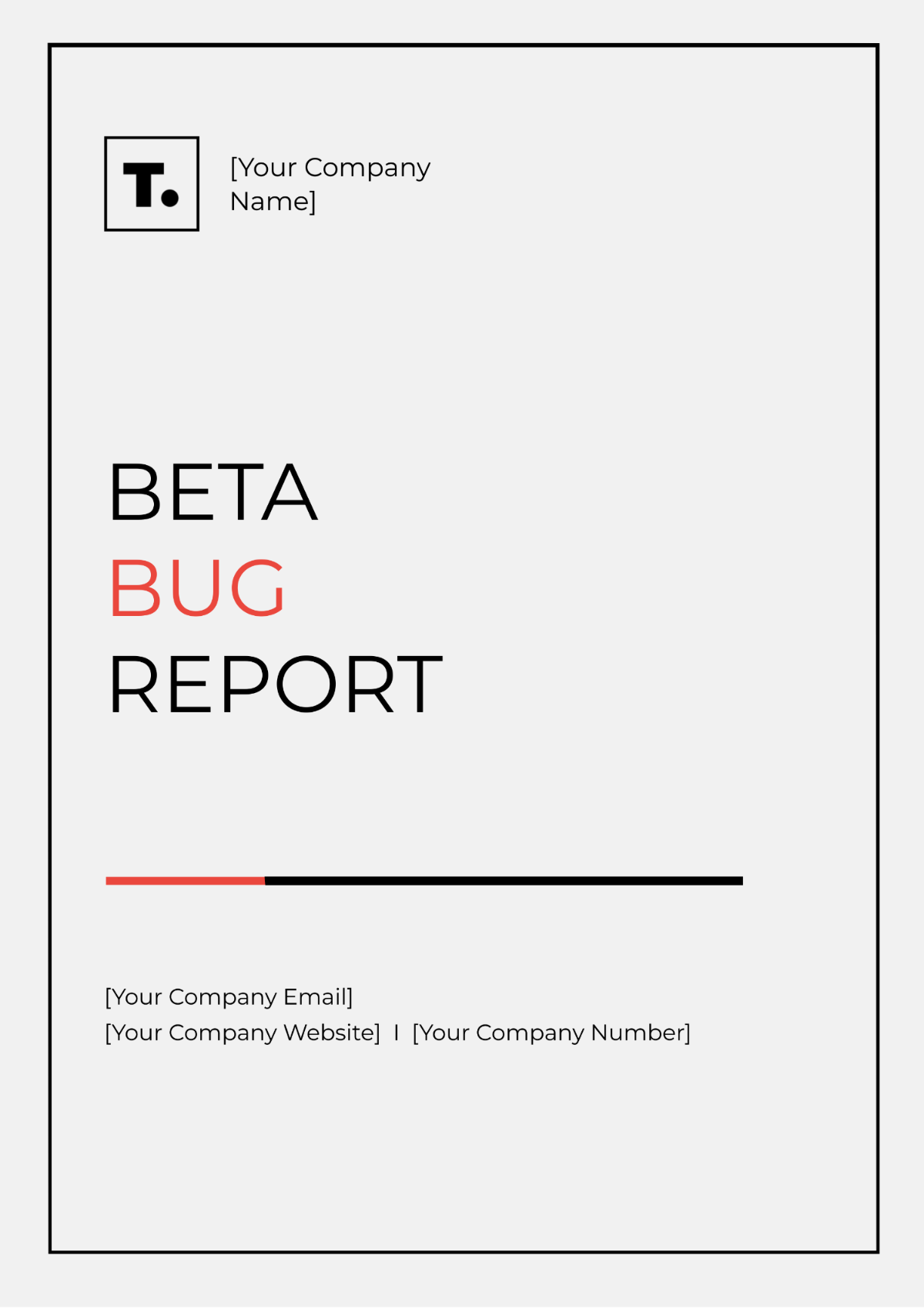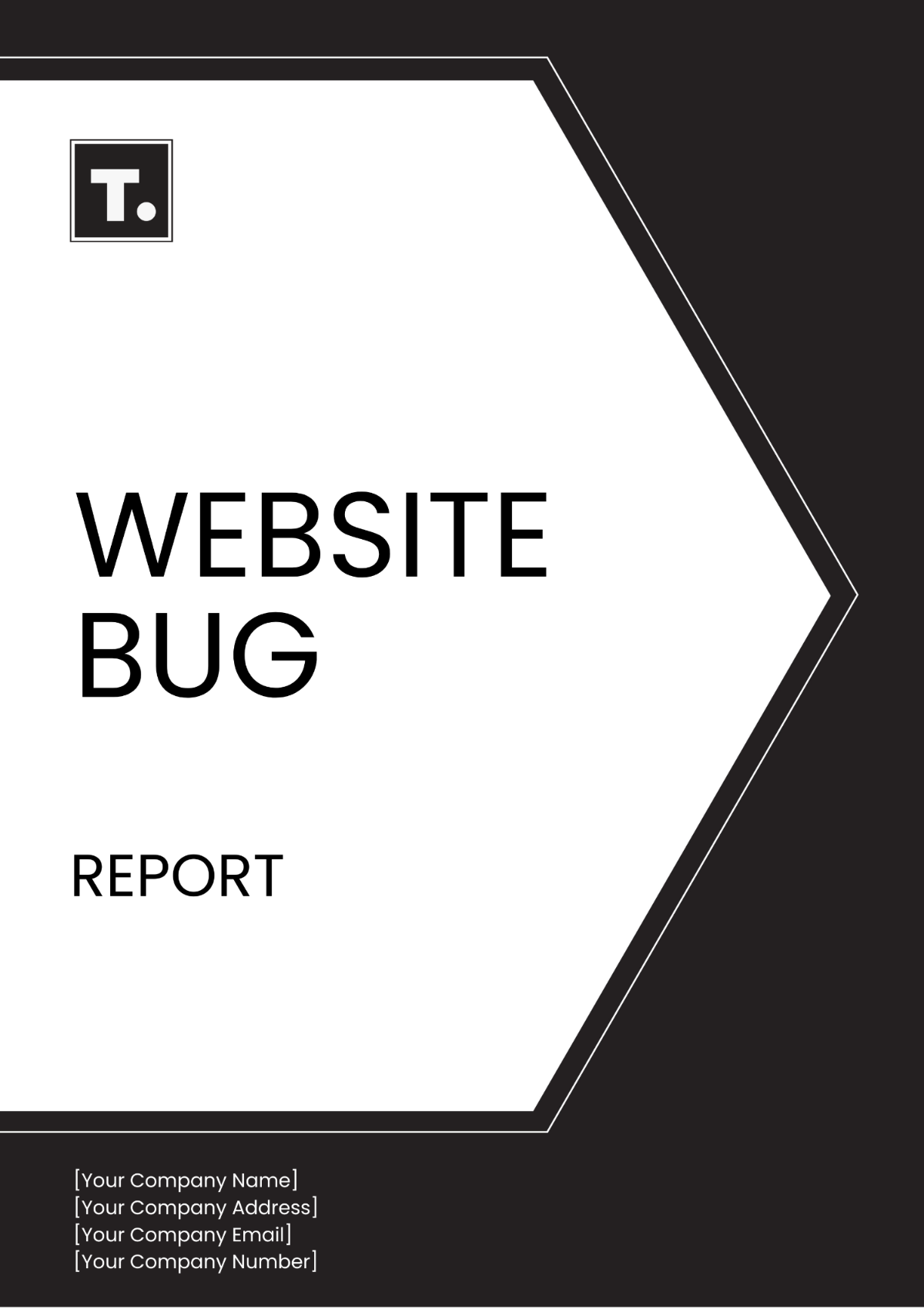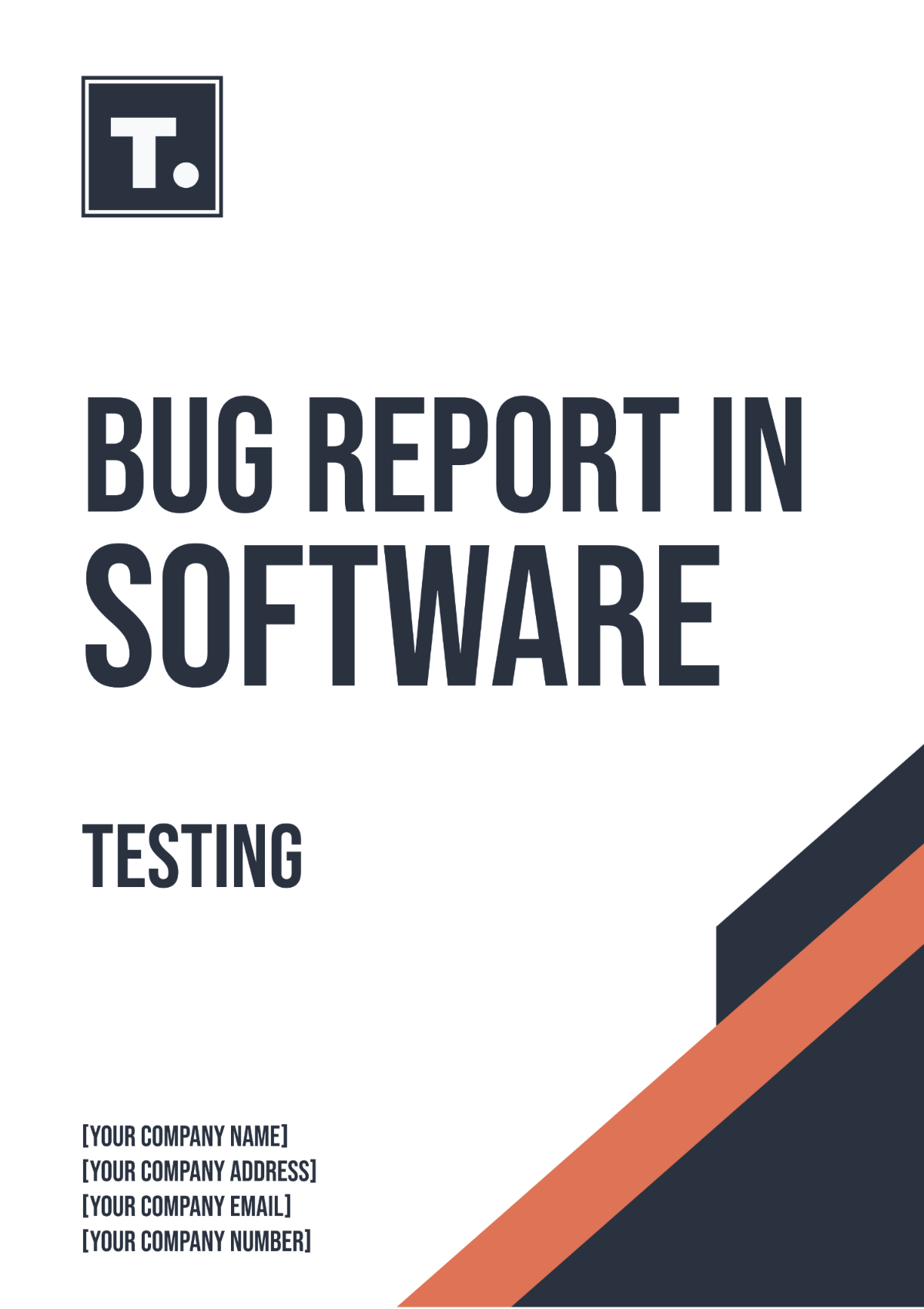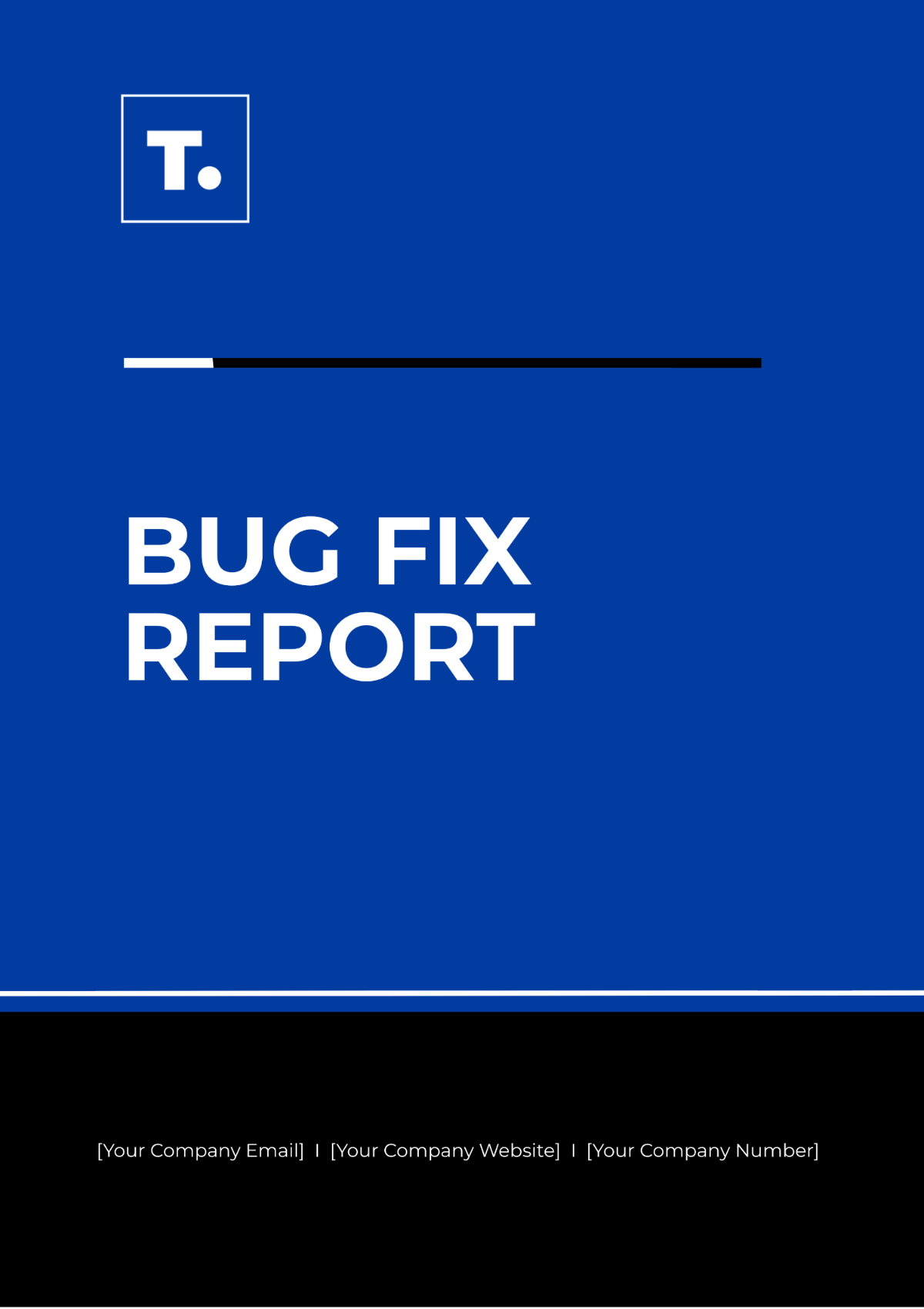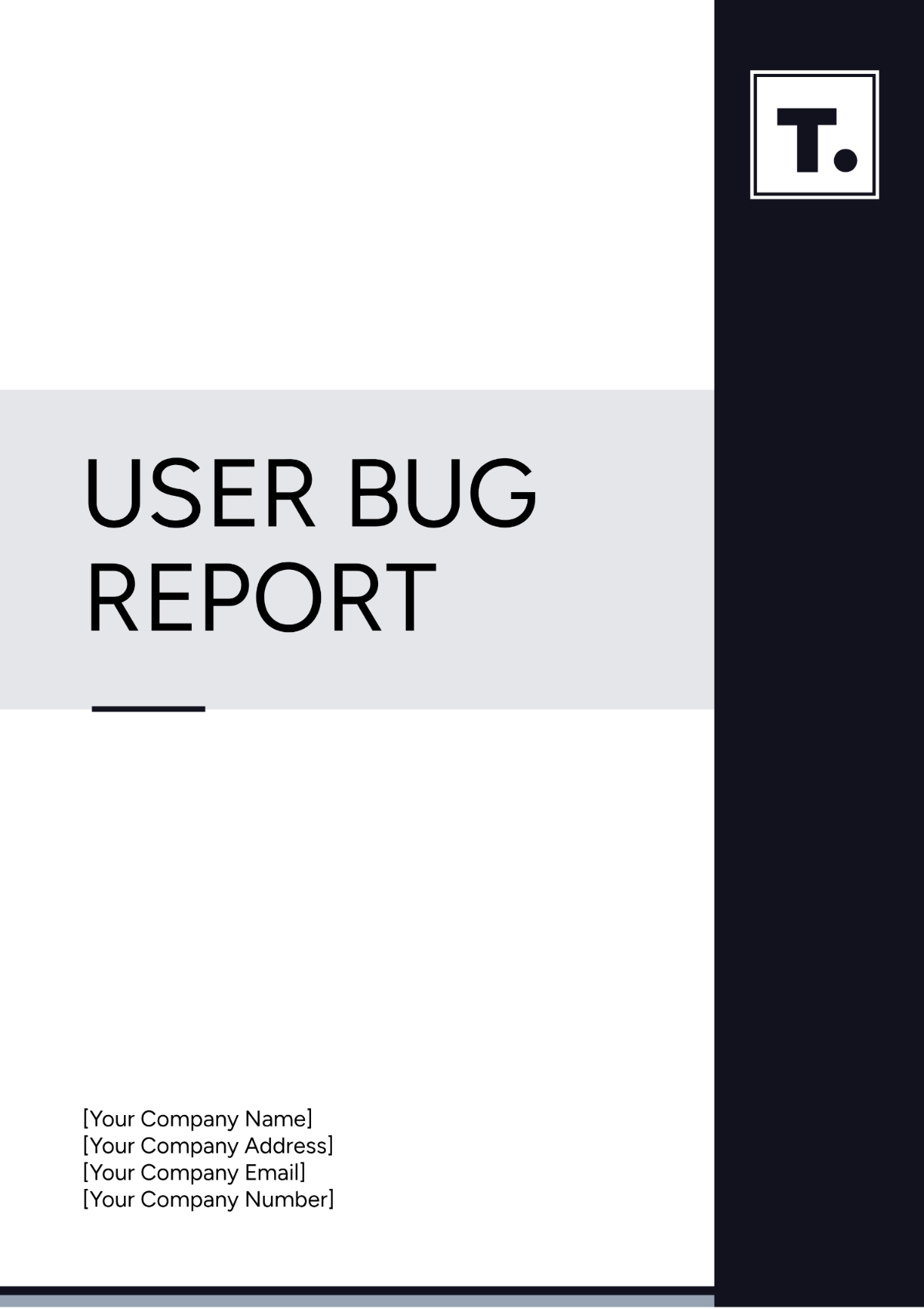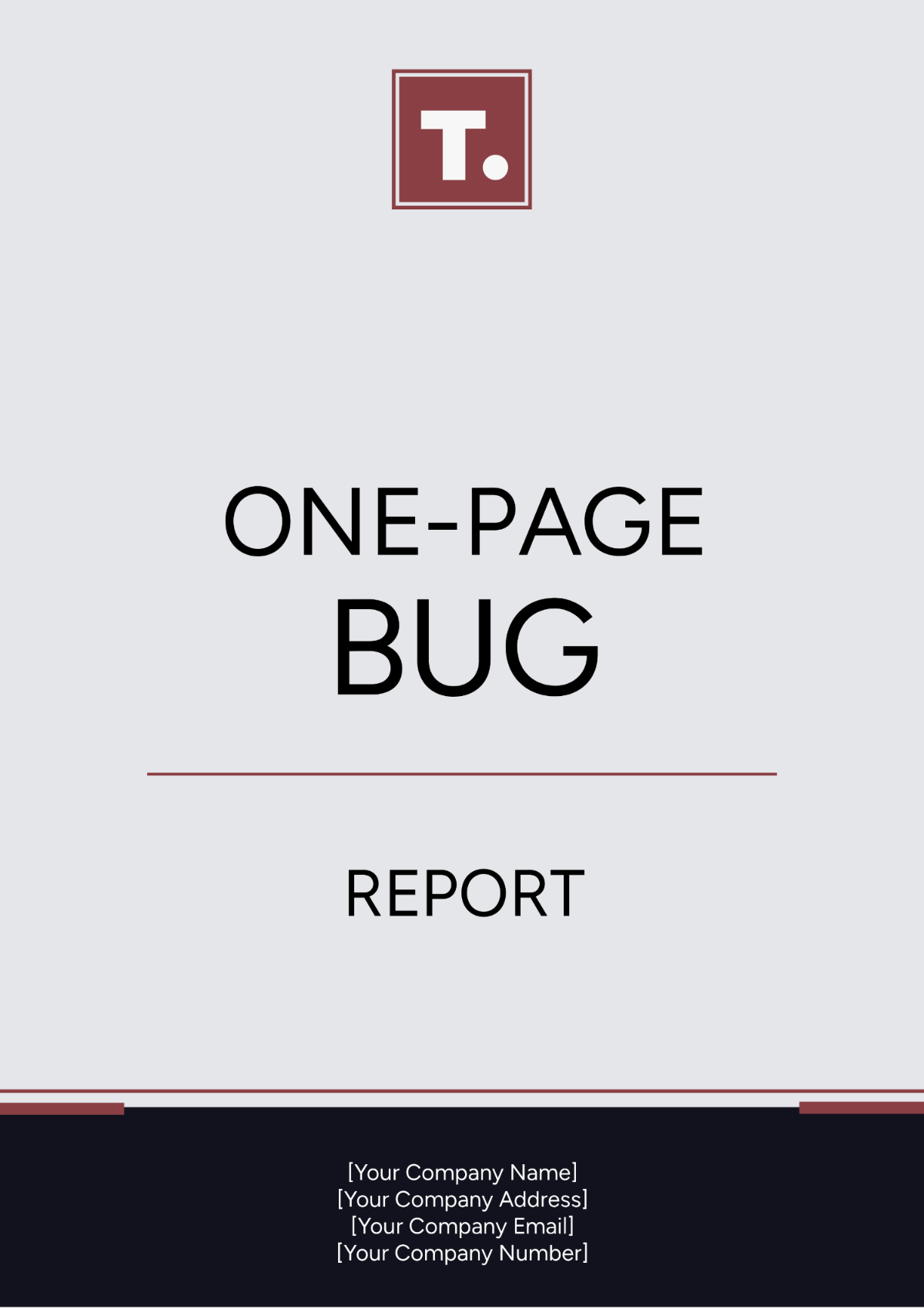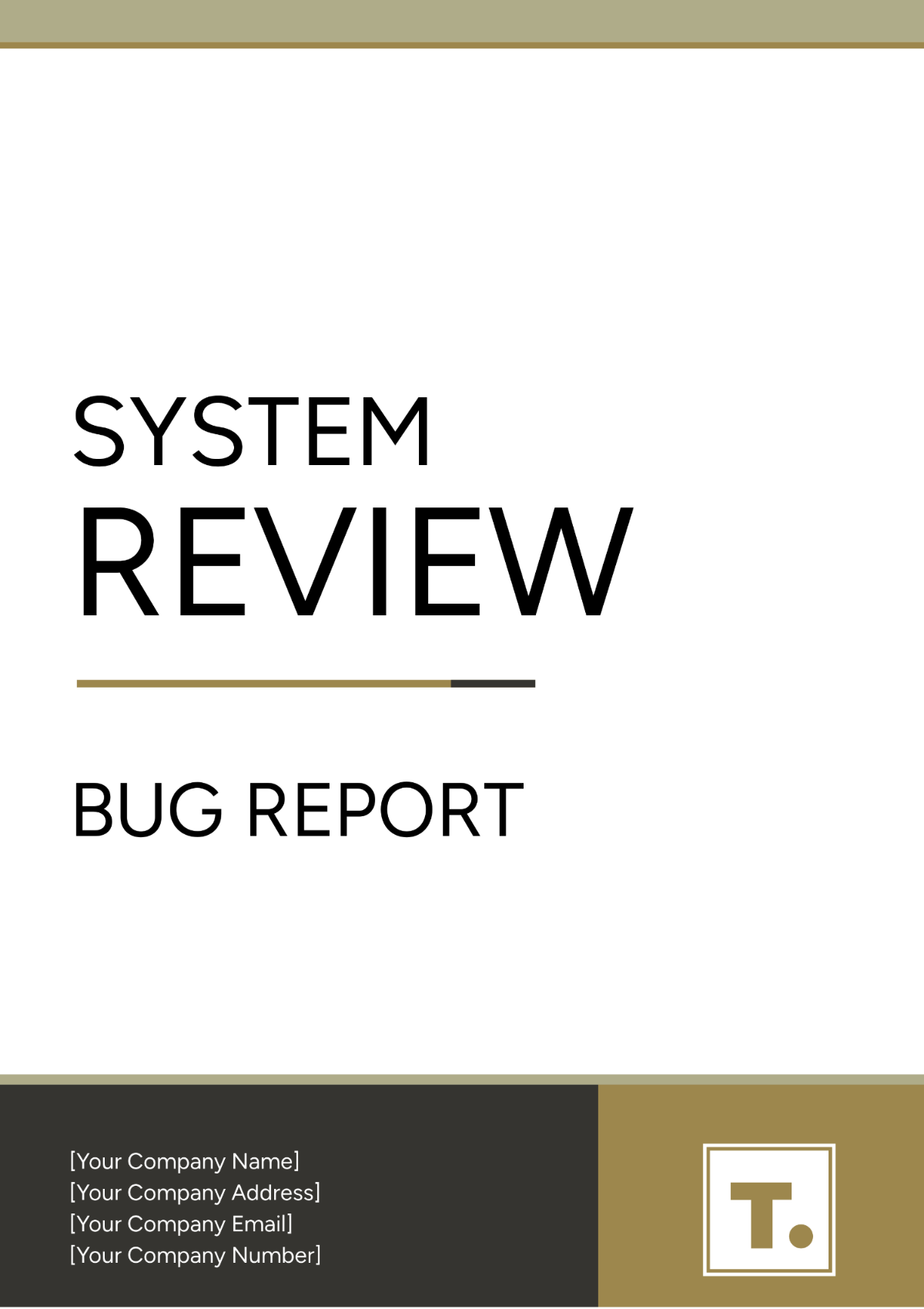Bug Fix Report Format
Prepared by: [Your Name]
Date: October 26, 2050
I. Introduction
The Bug Fix Report provides a comprehensive overview of the issues identified within the software system, categorized by severity and type. This report outlines the actions taken to resolve these issues, ensuring the system's performance, reliability, and user satisfaction.
II. Summary of Bugs Identified
In this section, we summarize the various bugs identified during the software testing phase. These bugs have been tracked and categorized to prioritize realistic fixing timelines. The table below details the bugs identified:
Bug ID | Description | Severity | Status |
|---|---|---|---|
001 | Application crash on login | Critical | Fixed |
002 | Incorrect data display in reports | High | Fixed |
003 | UI alignment issues | Medium | Pending |
004 | Slow response time on data fetch | Low | In Progress |
III. Bug Analysis and Resolution
This section offers an analysis of each significant bug and outlines the resolution strategies employed by the development team to address the issues effectively.
1. Critical Bug: Application Crash on Login
Identified Cause: Infinite loop resulting from session management error.
Resolution: Implemented a terminating condition for session validation.
Outcome: The application now loads correctly without crashing.
2. High Priority Bug: Incorrect Data Display in Reports
Identified Cause: Erroneous data mapping in the report generation module.
Resolution: Corrected the data schemas and updated the mapping logic.
Outcome: Reports are generated with accurate and expected data.
3. Medium Priority Bug: UI Alignment Issues
Identified Cause: CSS conflicts and obsolete layout grids.
Resolution: Revised UI guidelines and replaced deprecated styles.
Outcome: Pending review and testing.
4. Low Priority Bug: Slow Response Time on Data Fetch
Identified Cause: Non-optimized database queries.
Resolution: Introduced indexing and query optimizations.
Outcome: Preliminary tests show a 40% improvement in response time.
IV. Future Recommendations
Ensuring continuous improvement and system integrity involves periodic evaluation and proactive detection of potential vulnerabilities.
1. Regular System Audits
Conduct regular system audits to identify potential bugs early in the developmental lifecycle. These audits will help maintain optimal performance and user experience.
2. Automated Testing
Implement automated testing frameworks to increase the efficiency of bug detection and resolution. This approach reduces manual effort and enhances test coverage.
3. User Feedback Integration
Actively gather and analyze user feedback to pinpoint usability issues and unexpected application behavior. This promotes a user-focused development culture.
V. Conclusion
The Bug Fix Report details the issues and resolutions undertaken during the latest software development cycle. By effectively addressing these bugs, the software is expected to deliver improved performance, reliability, and an enhanced user experience. Continuous focus on bug identification and timely resolution remains a crucial aspect of the software development process.
